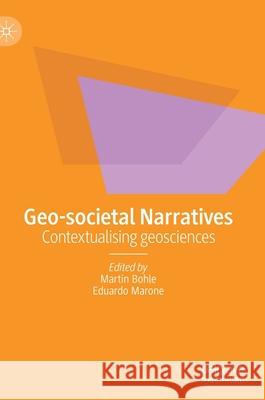Geo-Societal Narratives: Contextualising Geosciences » książka
topmenu
Geo-Societal Narratives: Contextualising Geosciences
ISBN-13: 9783030790271 / Angielski / Twarda / 2021 / 260 str.
Geo-Societal Narratives: Contextualising Geosciences
ISBN-13: 9783030790271 / Angielski / Twarda / 2021 / 260 str.
cena 615,15
(netto: 585,86 VAT: 5%)
Najniższa cena z 30 dni: 578,30
(netto: 585,86 VAT: 5%)
Najniższa cena z 30 dni: 578,30
Termin realizacji zamówienia:
ok. 16-18 dni roboczych.
ok. 16-18 dni roboczych.
Darmowa dostawa!
Kategorie:
Kategorie BISAC:
Wydawca:
Palgrave MacMillan
Język:
Angielski
ISBN-13:
9783030790271
Rok wydania:
2021
Wydanie:
2021
Ilość stron:
260
Waga:
0.45 kg
Wymiary:
21.01 x 14.81 x 1.6
Oprawa:
Twarda
Wolumenów:
01
Dodatkowe informacje:
Wydanie ilustrowane











